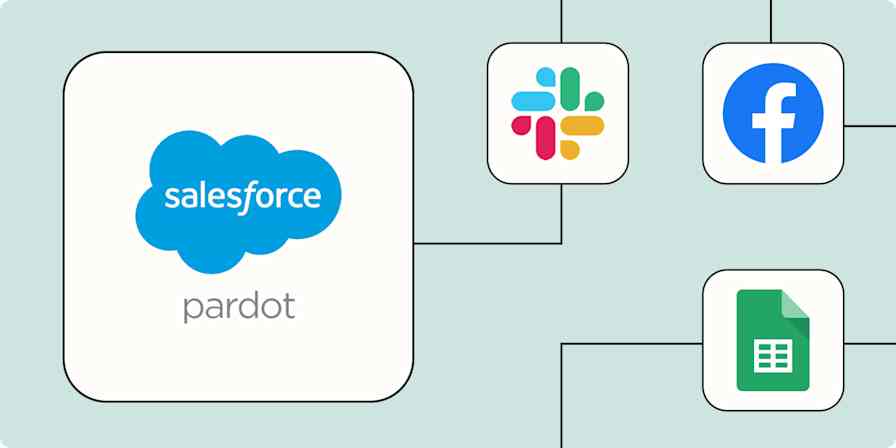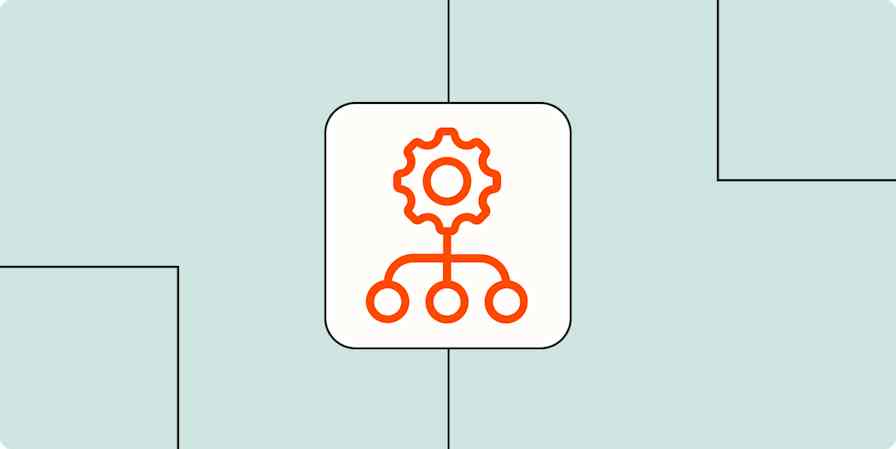Automation inspiration
7 min readHow BlitzMetrics founder Dennis Yu uses Zapier in his marketing workflows
And why your business should, too
By Jeremy DuCheny · May 10, 2021

Get productivity tips delivered straight to your inbox
We’ll email you 1-3 times per week—and never share your information.
mentioned apps
Related articles
Improve your productivity automatically. Use Zapier to get your apps working together.








